Producing effective communications is the primary focus of public relations professionals, who need to ensure that key messages are delivered accurately and in a format that is easily understood by target audiences.
Effective communication helps us better understand a person or situation and enables us to resolve differences, build trust and respect, and create environments where creative ideas can flourish. As simple as communication seems, much of what we try to communicate to others—and what others try to communicate to us—gets misinterpreted, which can cause conflict and frustration in the workplace.
By getting to know your audience, you can better connect with your internal colleagues and external clients, both face-to-face and electronically.
- Internal verbal communications: Internal communications may be less formal than the communications you have with clients or people external to your organization. However, you must still pay attention to relevancy. You may communicate verbally with colleagues when you are face-to-face or on the phone, while giving instructions, asking or answering questions, negotiating and solving conflicts, delivering presentations, and even when leaving voicemails.
- External verbal communications: Over time, you may get to know your clients very well and build a special rapport with them. However, it is best to remember that all client relationships should remain professional, communicating using a tone and language that is suitable for the workplace and ensuring written outputs conform to an accepted business framework. Effective communication in this context involves using memos, agendas and meeting summaries as vehicles to establish productive dialogue.
- Email etiquette: In today’s world, most workplace communication takes place via email, whether with internal colleagues, clients or media contacts, and it pays to know and observe the basics rules of email etiquette. We all suffer from email overload, so bear in mind that yours is always going to be in a queue alongside others and will be read within the context of time pressure. Keep salutations brief, using an effective subject line and bullet points or breaks to separate your subject matter into manageable sections.
- Telephone etiquette: In the public relations world, telephone work is your principal source of communication. A professional telephone manner is paramount to the way in which you are perceived. As a general rule, it pays to observe the courtesies you would expect yourself, so try not to be too casual. Preparation is important, since you often only have one chance to sell a pitch or develop a new contact. Journalists can be especially unforgiving towards PR practitioners who contact them on the phone and are then unable to follow through with a coherent story pitch.

